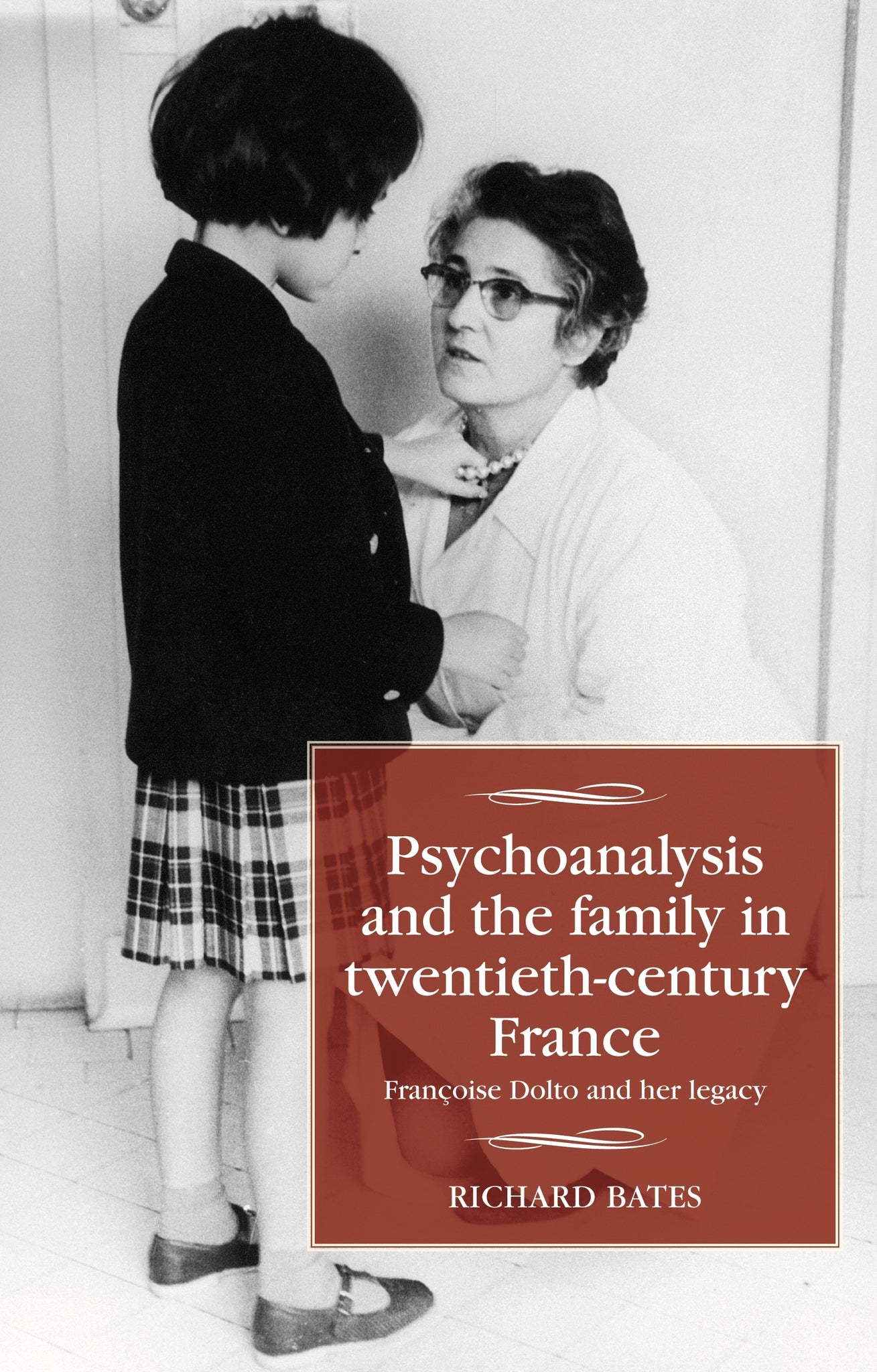Something went wrong
Please try again
Psychoanalysis and the family in twentieth-century France

Some error occured while loading the Quick View. Please close the Quick View and try reloading the page.
Couldn't load pickup availability
- Format:
-
08 February 2022


HISTORY / Europe / France, History and Archaeology, HISTORY / Modern / 20th Century, MEDICAL / History, PSYCHOLOGY / Movements / Psychoanalysis, History of medicine

‘Richard Bates’s cultural history of the life and work of Françoise Dolto establishes her rightful place at the centre of the psychoanalytic revolution in twentieth-century France, stressing her significant influence on the broader popularity of psychoanalysis and the manner that French parents navigated social transformations after the Second World War. A must-read to understand the intersection of gender, family and disability in French psychoanalysis.’
Jonathyne Briggs, Professor of History, Indiana University Northwest
'Bates provides a valuable corrective to Dolto’s autobiographical works, which downplay her interwar conservative origins, and which Bates argues historians have adopted too uncritically... In all, though, Psychoanalysis… is an indispensable contribution to this burgeoning historiography.'
Social History of Medicine
Introduction: Doltomania
1 Family neuroses: psychoanalysis in interwar France
2 Dutiful daughters: Françoise breaks free?
3 Humanism, holism and guilt: Dolto, psychoanalysis and Catholicism from Occupation to Liberation
4 Family politics: popularising psychoanalysis, 1945–68
5 Autism, antipsychiatry and the pathogenic family: Dolto and the psychoanalytic approach to autism in France
6 Radio star: psychoanalysis in the public sphere, 1968–88
Afterword
Index



